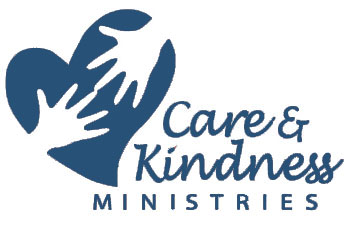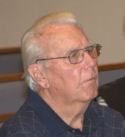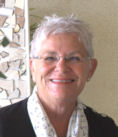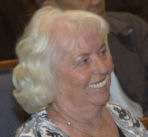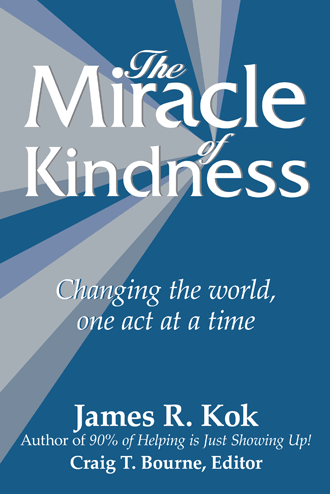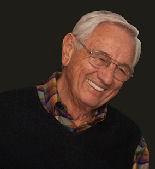New Year: Be 'Care'-full (Part 2)
AS SIMPLE AS SHOWING UP
One thing that keeps goodhearted people from doing more is the notion that to offer something helpful to another person requires some kind of special training. Some training helps, but what's most important to remember is that "90 percent of helping is just showing up." Knock on the door, punch in the phone number, walk up to the widowed, stop at the home or the hospital, speak to the stranger. Most of the time, tremendous help and encouragement flows to others just from “being there”. What we say is secondary.
A member of a local congregation, Marilyn Duff, shared this example:
My neighbors, Linda and Steve, just lost a 25-year-old son under terrible circumstances. ... The son had reportedly had a nervous breakdown. While Linda, the mother, was there in the house, but not present in the room, he got out a gun and shot his wife. He then shot himself. Both died—Linda was hospitalized in shock for five days.
I steeled myself tonight and walked down the street to see her. She opened the door—and we burst into tears. I felt her sobbing in my arms. We just held each other for a long time and cried. I told her how I remembered her son as a friendly, outgoing teen, never embarrassed about waving to neighbors, always polite and friendly when he waited on us at a local restaurant. “Oh, thank you, Marilyn, for saying that,” she said.
I call that kind of care Type A. It is offering yourself to people who are seriously challenged or afflicted—the terminally ill, the divorcing, the family who has lost a loved one, the grieving of all kinds. Type A care and kindness enters tough places where no fixing is possible, where advice and good ideas are not needed. These are the situations in which being present, listening, hugging, weeping together, crying to God helps most. No preaching. No teaching. No moralizing. Just a warm, caring presence touches these wounded. Everyone can do that.
Everyone can do this!
My thoughts are still running longer than my blog should be, so I'll add to this further next week and discuss Type B care.
